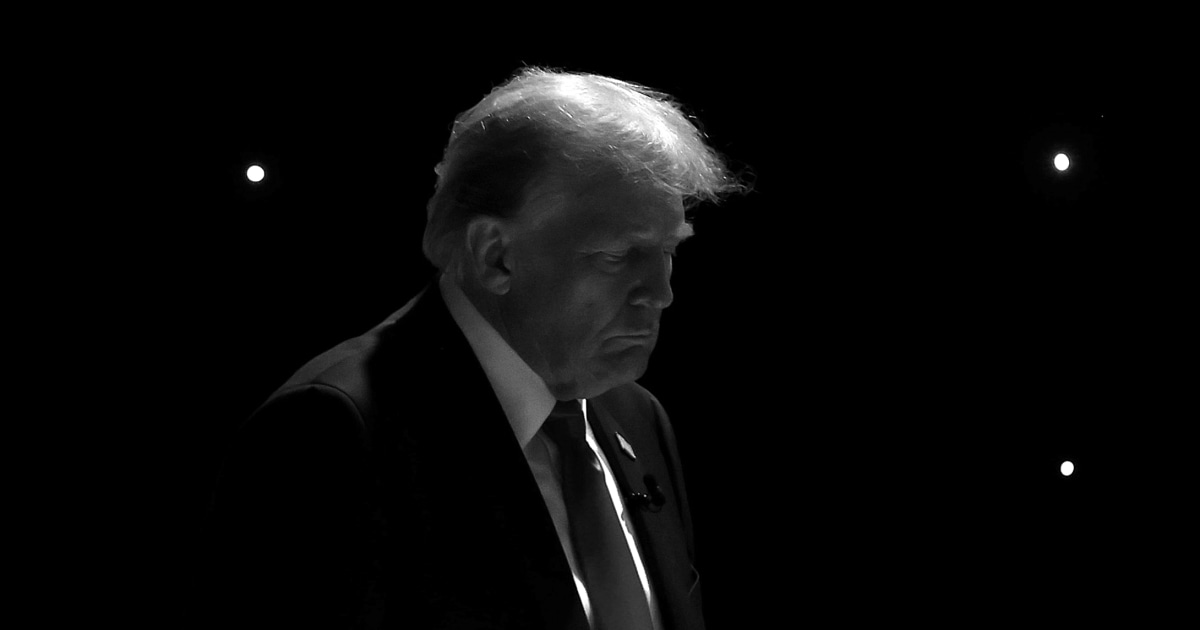
The Supreme Court is set to issue its long-awaited ruling on former President Donald Trump's immunity from criminal prosecution for his actions related to the 2020 election on Monday, July 1, 2024. The court has a conservative majority and includes three justices appointed by Trump himself.
Trump faces a four-count indictment in Fulton County, Georgia, for his efforts to overturn the 2020 election results and prevent Congress from certifying President Joe Biden's election. The legal question before the court is whether a former president enjoys presidential immunity from criminal prosecution for conduct alleged to involve official acts during his tenure in office.
Trump initially argued for broad immunity, but later conceded that some of the acts alleged in the indictment were not part of his official duties. Lower courts had rejected Trump's broad claim of immunity, prompting him to ask for intervention from the Supreme Court.
The justices appeared likely to conclude that there could be some conduct alleged in the indictment that is subject to immunity during April's oral arguments. They could set a new test for determining what official acts receive immunity and send it back to lower courts to determine how that affects Trump's indictment, potentially adding further delay to starting the trial.
In addition to the Trump case, the Supreme Court is expected to issue rulings on two other cases concerning challenges to Republican-backed state laws seeking to regulate social media platforms and one case relating to when companies can challenge federal agency rulemaking.
Conservative former federal Judge J. Michael Luttig has urged special counsel Jack Smith not to yield to political pressures and bring Trump's case for trial in September or October, emphasizing the importance of American democracy, the Constitution, and the rule of law.



